Patrick Pester is the trending news writer at Live Science. His work has appeared on other science websites, such as BBC Science Focus and Scientific American. Patrick retrained as a journalist after spending his early career working in zoos and wildlife conservation. He was awarded the Master's Excellence Scholarship to study at Cardiff University where he completed a master's degree in international journalism. He also has a second master's degree in biodiversity, evolution and conservation in action from Middlesex University London. When he isn't writing news, Patrick investigates the sale of human remains.
Latest articles by Patrick Pester

Roman roads | Bear attacks | Comet 3I/ATLAS updates
By Ben Turner, Patrick Pester last updated
Latest science news Friday, Nov. 7, 2025: Your daily feed of the biggest discoveries and breakthroughs making headlines.

Irradiated Comet 3I/ATLAS glows green and hides its tail in new image
By Patrick Pester published
A researcher has captured comet 3I/ATLAS glowing green and hiding its tail in a new image from the Lowell Observatory's powerful Discovery Telescope as we enter a critical observation phase for the interstellar visitor.
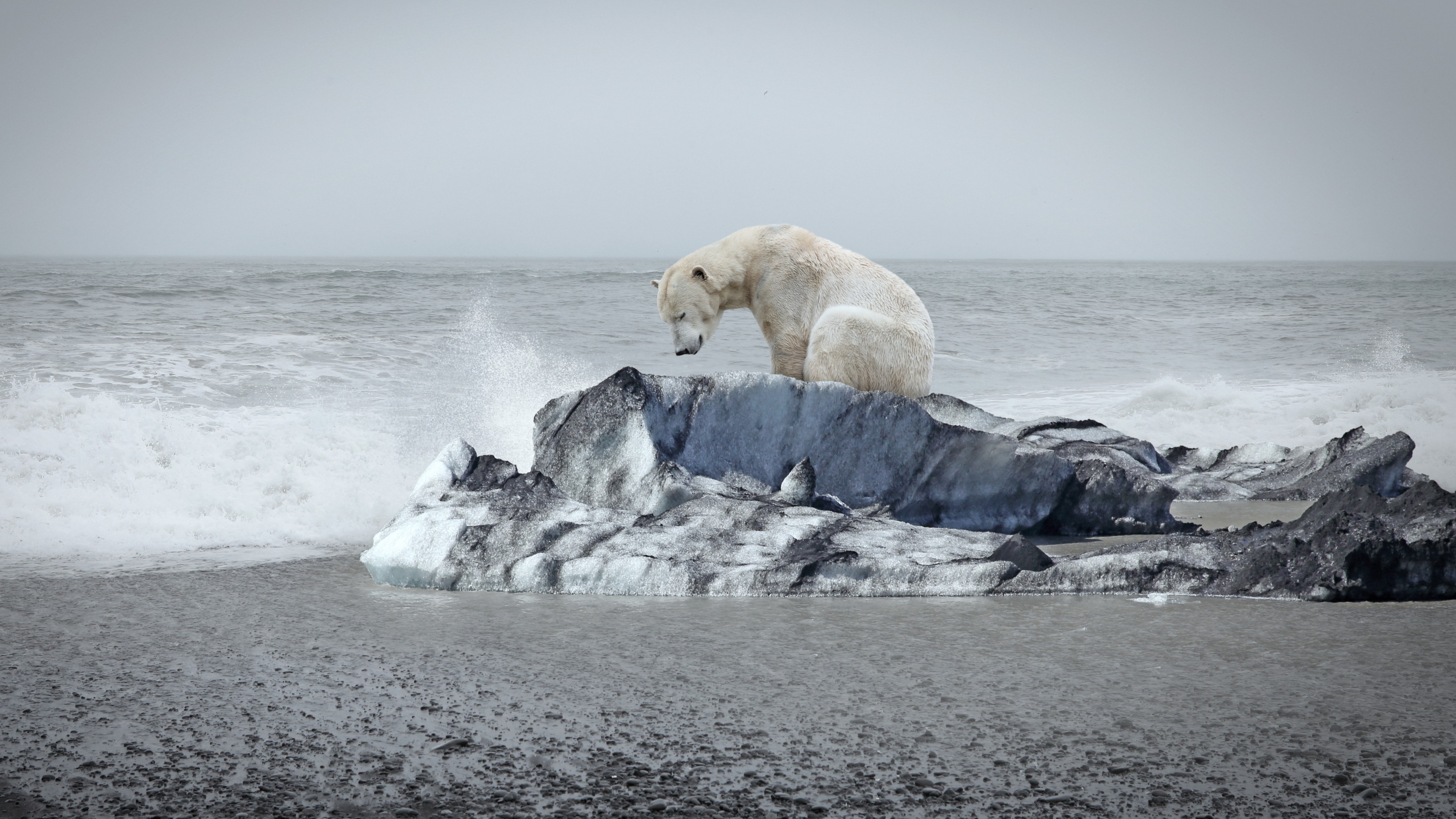
Global warming is forcing Earth's systems toward 'doom loop' tipping points. Can we avoid them?
By Patrick Pester published
Earth may be on the verge of crossing several climate change tipping points that could have irreversible and devastating consequences. Here's everything you need to know about these "points of no return."
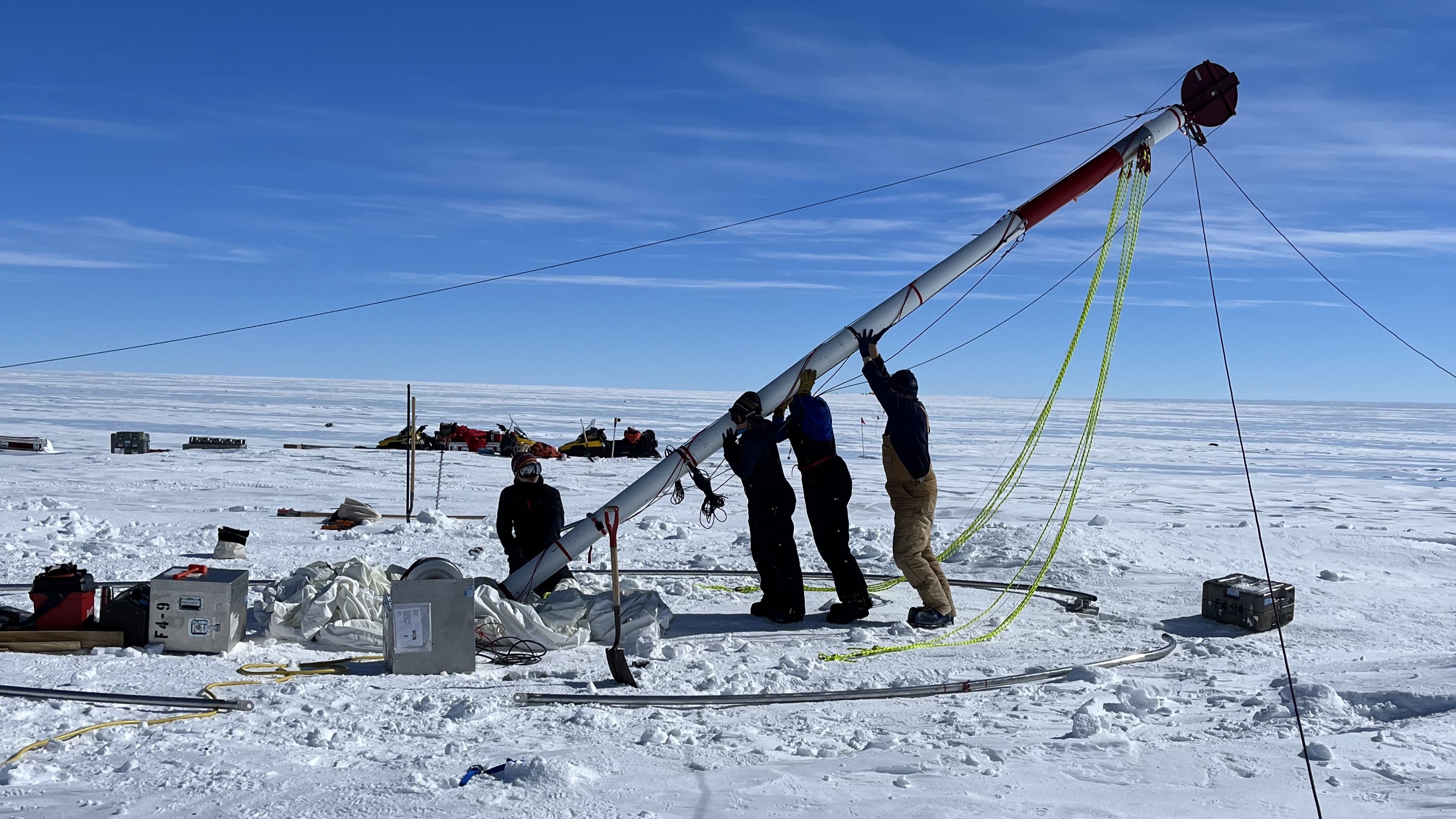
6 million-year-old ice discovered in Antarctica shatters records — and there's ancient air trapped inside
By Patrick Pester published
Researchers have found 6 million-year-old ice in the Allan Hills region of Antarctica and say the oldest-of-its-kind sample offers an unprecedented view into Earth's ancient climate.

Astronomer reveals first look at Comet 3I/ATLAS as it reappears from behind the sun
By Patrick Pester published
An astronomer has snapped comet 3I/ATLAS using the Lowell Observatory's powerful Discovery Telescope, as well as his own small telescope. The new photos are believed to be the first optical observations of the interstellar visitor since it disappeared behind the sun.
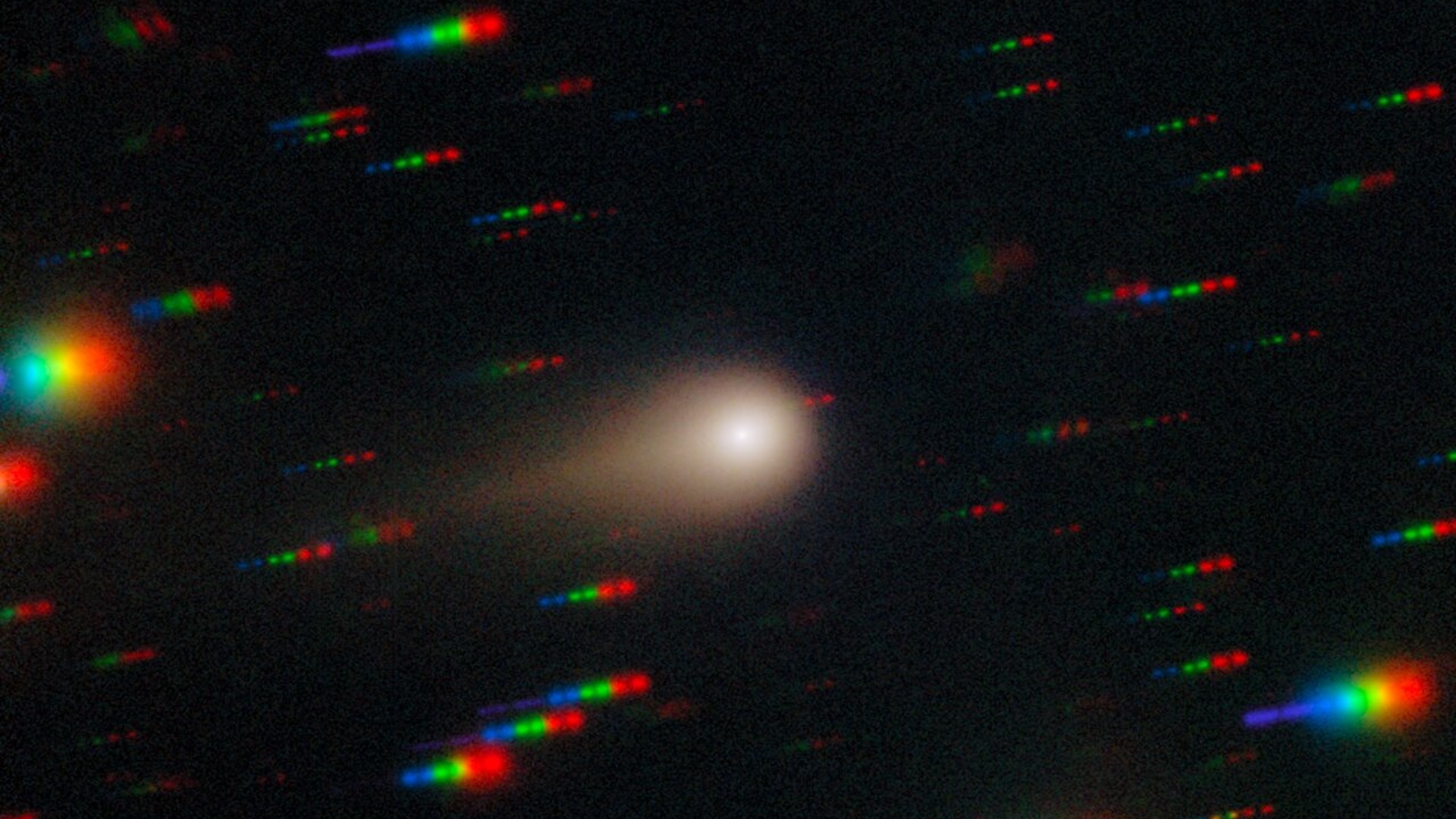
Comet 3I/ATLAS has been transformed by billions of years of space radiation, James Webb Space Telescope observations reveal
By Patrick Pester published
The interstellar comet 3I/ATLAS has a thick irradiated crust that no longer resembles its home star system, simulations and James Webb Space Telescope observations have found.

NASA spacecraft reveal interstellar comet 3I/ATLAS brightened rapidly as it swooped behind the sun
By Patrick Pester published
Interstellar comet 3I/ATLAS is briefly out of view as it travels around the sun this week, but researchers and amateur astronomers used spacecraft data to track its progress right up until perihelion.

Lab monkeys on the loose in Mississippi don't have herpes, university says. But are they dangerous?
By Patrick Pester published
Authorities have killed several lab monkeys that escaped from an overturned truck in Mississippi. The rhesus macaques were initially thought to be diseased and dangerous, but that's not necessarily the case.

First-ever 'mummified' and hoofed dinosaur discovered in Wyoming badlands
By Patrick Pester published
Researchers have unearthed two dinosaur "mummies" in the badlands of Wyoming, confirming duck-billed dinosaurs had hooves, alongside a string of other discoveries.

Watch Air Force fly inside the eye of Hurricane Melissa as experts warn 'storm of the century' will be catastrophic for Jamaica
By Patrick Pester published
The U.S. Air Force's "Hurricane Hunters" have flown inside the eye of Hurricane Melissa, capturing eerie footage of the historic storm that has caused widespread devastation in Jamaica.

Rare fossils in New Mexico reveal dinosaurs were doing just fine before the asteroid annihilated them all
By Patrick Pester published
New dating has revealed that New Mexico's last dinosaurs were healthy, diverse and thriving at the end of the Cretaceous period, suggesting non-avian dinosaurs weren't in decline before being snuffed out by the asteroid strike.

World's biggest X-ray laser discovers never-before-seen type of ice that's solid at room temperature
By Patrick Pester published
Researchers have unveiled ice XXI, a new form of ice that's solid at room temperatures when subjected to immense pressure.

Astronomers discover skyscraper-size asteroid hidden in sun's glare
By Patrick Pester published
The newly discovered "twilight" asteroid, 2025 SC79, was obscured by the sun's glare until an astronomer pointed the Dark Energy Camera at it, highlighting the potential dangers of unseen asteroids.

CO2 levels reach record new high, locking in more global warming
By Patrick Pester published
Greenhouse gas concentrations increased by a record amount in 2024 as more carbon dioxide, methane and nitrous oxide became locked in Earth's atmosphere, a World Meteorological Organization report finds.

Methane leaks multiplying beneath Antarctic ocean spark fears of climate doom loop
By Patrick Pester published
Researchers have discovered dozens of new methane seeps littering the ocean floor in the Ross Sea coastal region of Antarctica, raising concerns of an unknown positive climate feedback loop that could accelerate global warming.

Hidden 'doomed' star revealed by James Webb Space Telescope could solve decades-old mystery
By Patrick Pester published
Researchers have identified a massive red supergiant on the brink of supernova in images from the James Webb Space Telescope, shedding light on a decades-old star mystery.
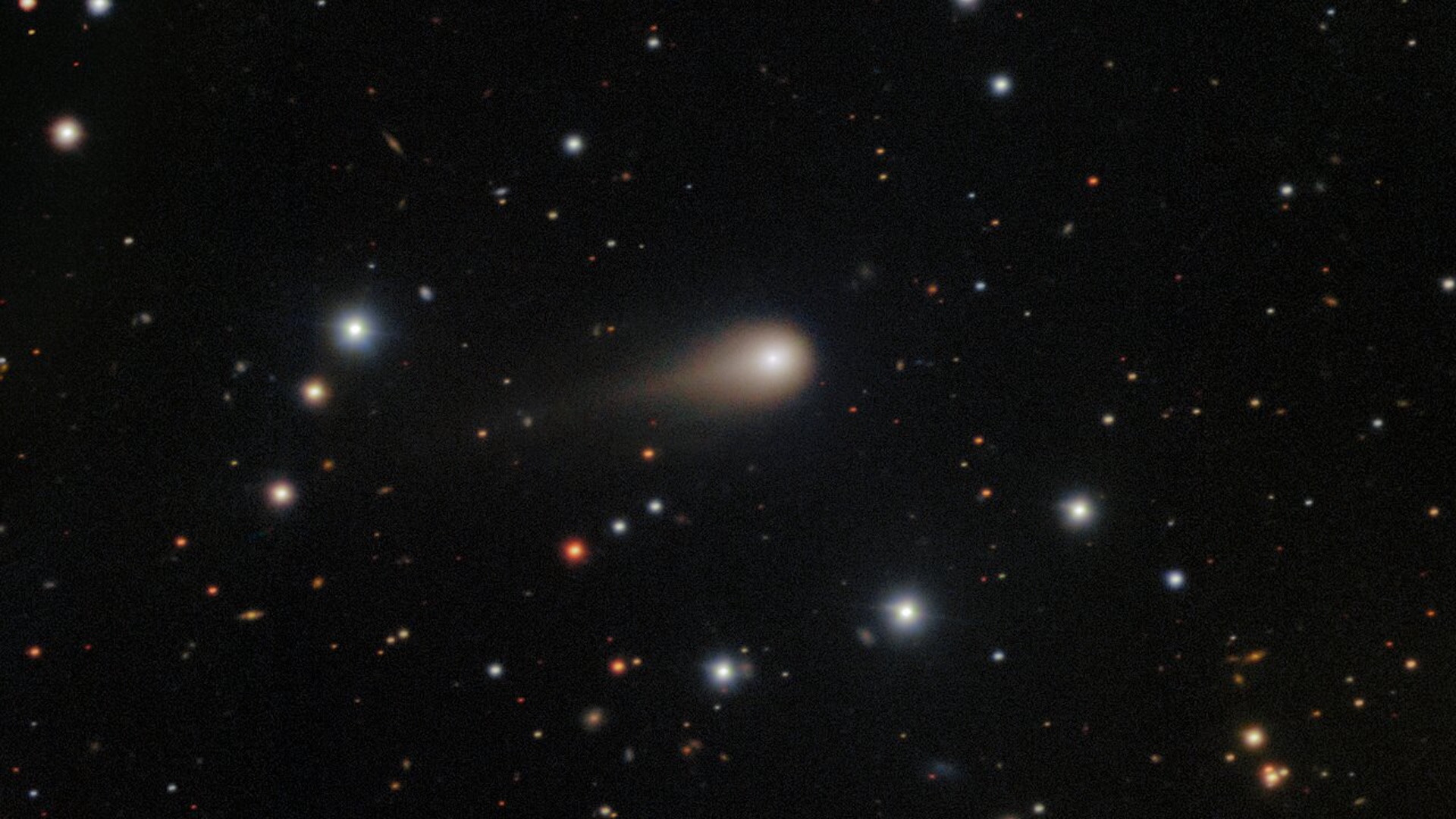
Comet 3I/ATLAS is losing water 'like a fire hose' on full blast
By Patrick Pester published
Researchers have discovered that interstellar comet 3I/ATLAS has been shedding water, providing insights into the building blocks of life outside of our solar system and the evolution of interstellar comets.

Satellites detected strange gravity signal coming from deep within Earth almost 20 years ago, study reveals
By Patrick Pester published
Researchers have discovered there was an anomaly in Earth's gravitational field between 2006 and 2008, potentially caused by a mineral shift deep within Earth's mantle. GRACE satellites detected a strange gravity signal at the time.
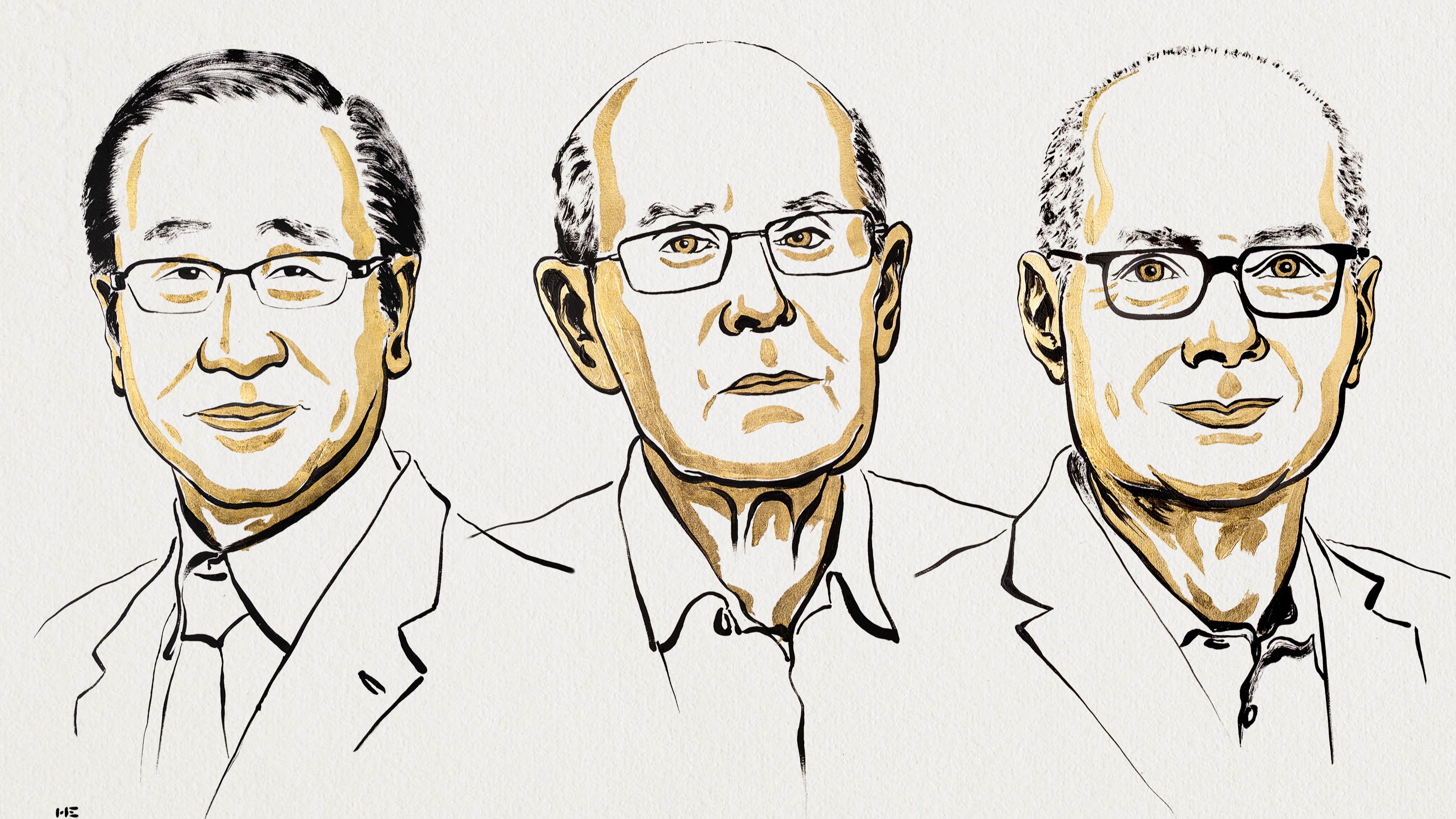
'Harry Potter' materials land three scientists Nobel Prize in chemistry
By Patrick Pester last updated
Susumu Kitagawa, Richard Robson and Omar Yaghi awarded the 2025 Nobel Prize in Chemistry "for the development of metal–organic frameworks."

Harvest supermoon photos: See the moon at its biggest and brightest in pictures from around the world
By Patrick Pester published
This year's full 'Harvest moon' was also a supermoon. Check out some of the best images of this lunar event with our worldwide gallery.
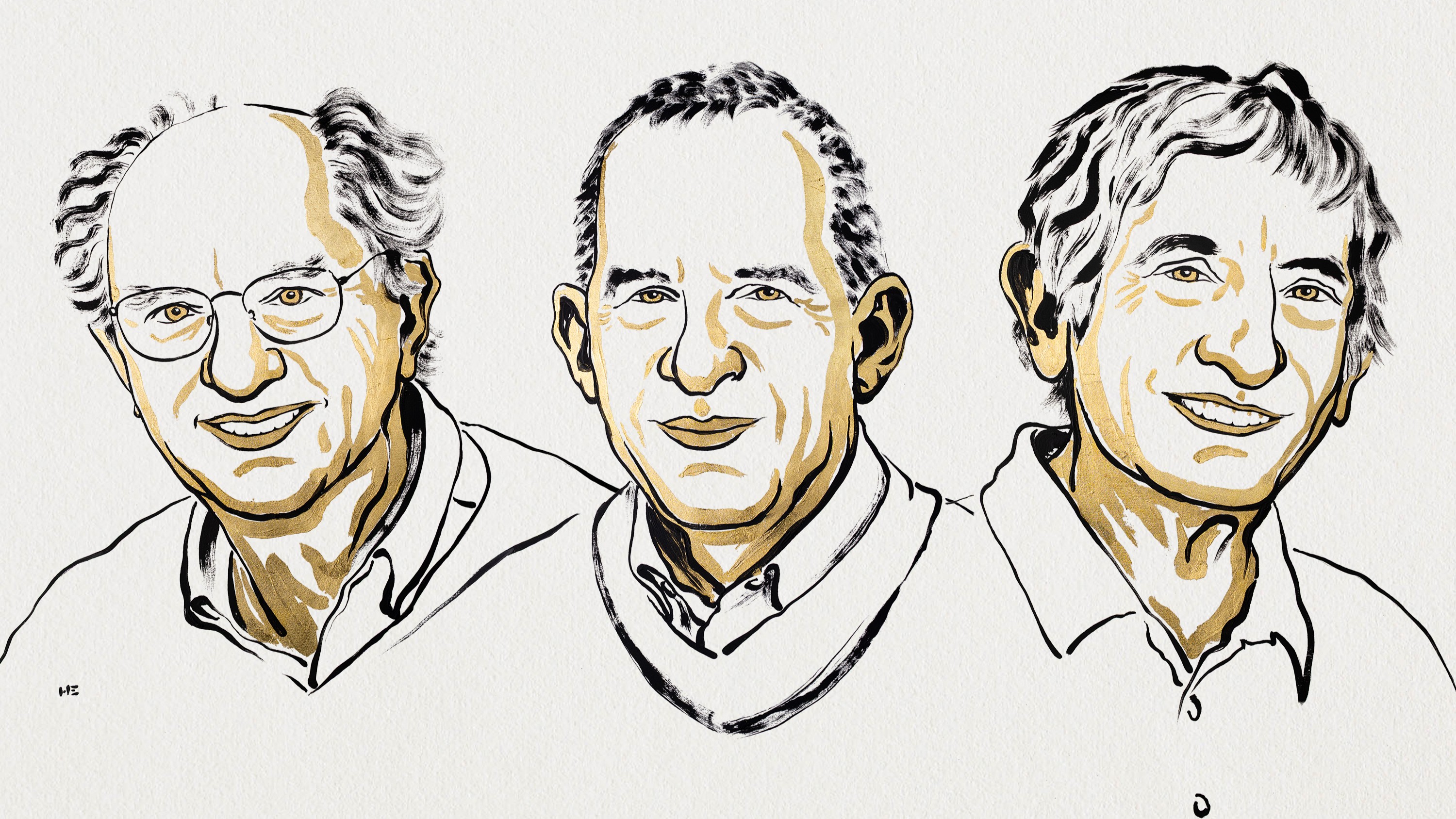
Nobel Prize in physics goes to three scientists who discovered bizarre quantum effect on large scales
By Patrick Pester published
The 2025 Nobel Prize in Physics has been awarded to John Clarke, Michel H. Devoret and John M. Martinis "for the discovery of macroscopic quantum mechanical tunnelling and energy quantisation in an electric circuit."

Nobel Prize in medicine goes to trio for their work on immune tolerance
By Patrick Pester published
The 2025 Nobel Prize in Physiology or Medicine has been awarded to Mary E. Brunkow, Fred Ramsdell and Shimon Sakaguchi for their work on how our immune system is prevented from attacking our organs.

HPV vaccination drives cervical cancer rates down in both vaccinated and unvaccinated people
By Patrick Pester published
Researchers have found that human papillomavirus (HPV) vaccines are highly effective at reducing cervical cancer-causing infections and can offer herd immunity, reinforcing previous research and highlighting the need for a global HPV vaccine rollout.

Mysterious 160 million-year-old creature unearthed on Isle of Skye is part lizard, part snake
By Patrick Pester published
Researchers have discovered a mysterious ancient lizard with snake-like teeth in Scotland. Breugnathair elgolensis is one of the oldest relatively complete lizard fossils and helps scientists better understand the origins of snakes in the Jurassic period.

Rare Fujiwhara hurricane 'dance' could save East Coast from worst effects of Tropical Storm Imelda
By Patrick Pester published
Forecasters expect Hurricane Humberto to pull Tropical Storm Imelda away from landfall and into a Fujiwhara dance, but the East Coast is still set to experience heavy rains and life-threatening rip currents.
Get the world’s most fascinating discoveries delivered straight to your inbox.